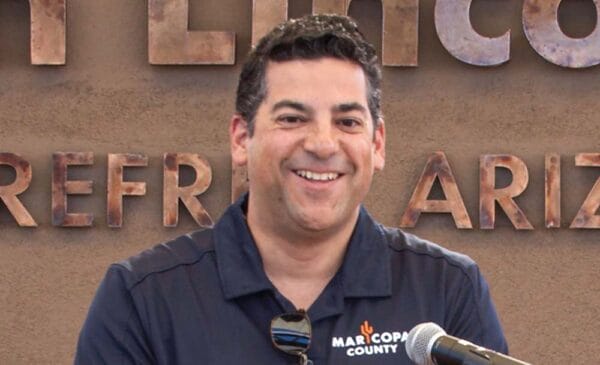
Talk by David Marchese | The New York Time Magazine
It’s perhaps a strange thing to suggest, but ever since Michael J. Fox went public with his diagnosis in 1998, his life has looked, from afar anyway, almost charmed. The foundation he started has raised a staggering $800 million to combat Parkinson’s disease. He’s written three best-selling memoirs and even continued to act, in substantive roles, on shows like “The Good Wife” and “Rescue Me.” His family life, with his wife of three decades, Tracy Pollan, is by all accounts a dream. And he’s still known to be an unusually nice guy, even by high Canadian nice-guy standards. His was a remarkably positive second act.
“I’d developed a relationship with Parkinson’s,” said Fox, 57, “where I gave the disease its room to do what it needed to do and it left me areas I could still flourish in.” Until last year, when a scary new set of health problems arrived, threatening to alter his sunny disposition — almost.
I have a bunch of more directly personal questions, but to start, does the current administration’s apparent skepticism toward science at all affect your foundation’s research?We have a working relationship with the government. Trump is not sitting around thinking about Parkinson’s. But one thing that angered me is when he mocked that reporter.
At a 2015 rally in South Carolina, Donald Trump appeared to mock Serge Kovaleski, a reporter for The New York Timeswho has the joint condition arthogryposis.
That was a stab to the guts. Not just for me, but for people I know and work with, who try so hard to overcome other people’s atavistic aversion to anybody that moves differently. So I thought, Do I say something in response? Then I thought, People already know Trump is an [expletive.
Does chronic illness change your thinking about death?











